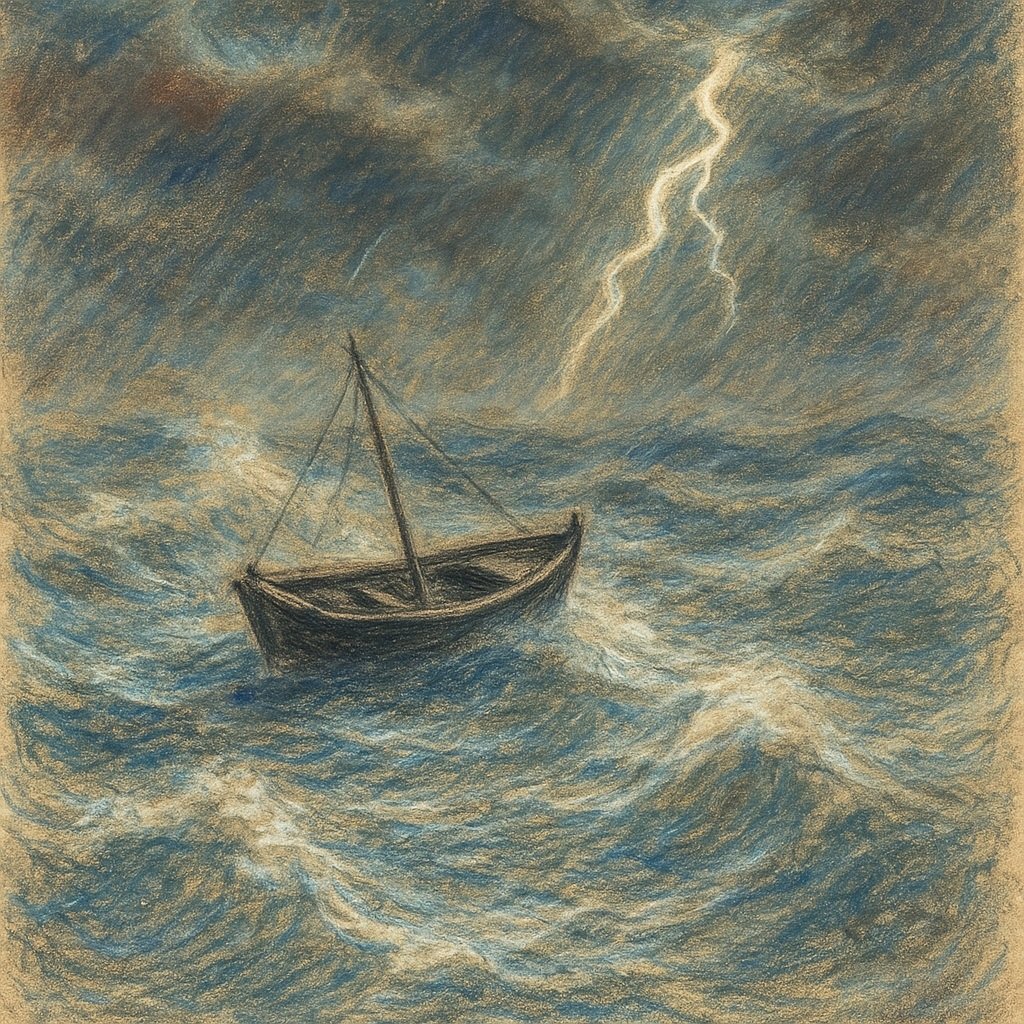Parts on Fire: Recognising Anger as a Suicide Risk Factor
Anger is often misunderstood in the context of suicide. While sadness and hopelessness are widely recognised warning signs, it is internalised anger—particularly when suppressed or turned inward—that can quietly escalate risk. Studies have shown that individuals who routinely inhibit or ruminate on anger are significantly more likely to experience suicidal thoughts and behaviours. When a person is unable to direct anger toward its rightful source, it may be redirected toward the self. In these cases, the part carrying the rage may view death not as a desire to die, but as a desperate attempt to end intolerable emotional chaos.
Not Just the Client: Navigating Our Own System When Working with Suicidal Parts
Learn how Internal Family Systems (IFS) therapy supports therapists working with suicidal clients. This compassionate guide explores the U-turn, a core IFS practice for self-reflection and presence, helping clinicians respond to suicide risk with clarity, connection, and care.
Weathering the Storm Inside: An Internal Family Systems Approach to Suicidality
When parts of us are in pain, they often speak through extremes. In Internal Family Systems (IFS) therapy, suicidal thoughts are not signs of disorder. They are signals from protectors trying to shield us from what feels unbearable.
Integrating suicidology and lived clinical experience, it invites clinicians to move beyond labels and listen deeply to the parts that want to die, the parts that want to live, and the Self that can hold them both.




